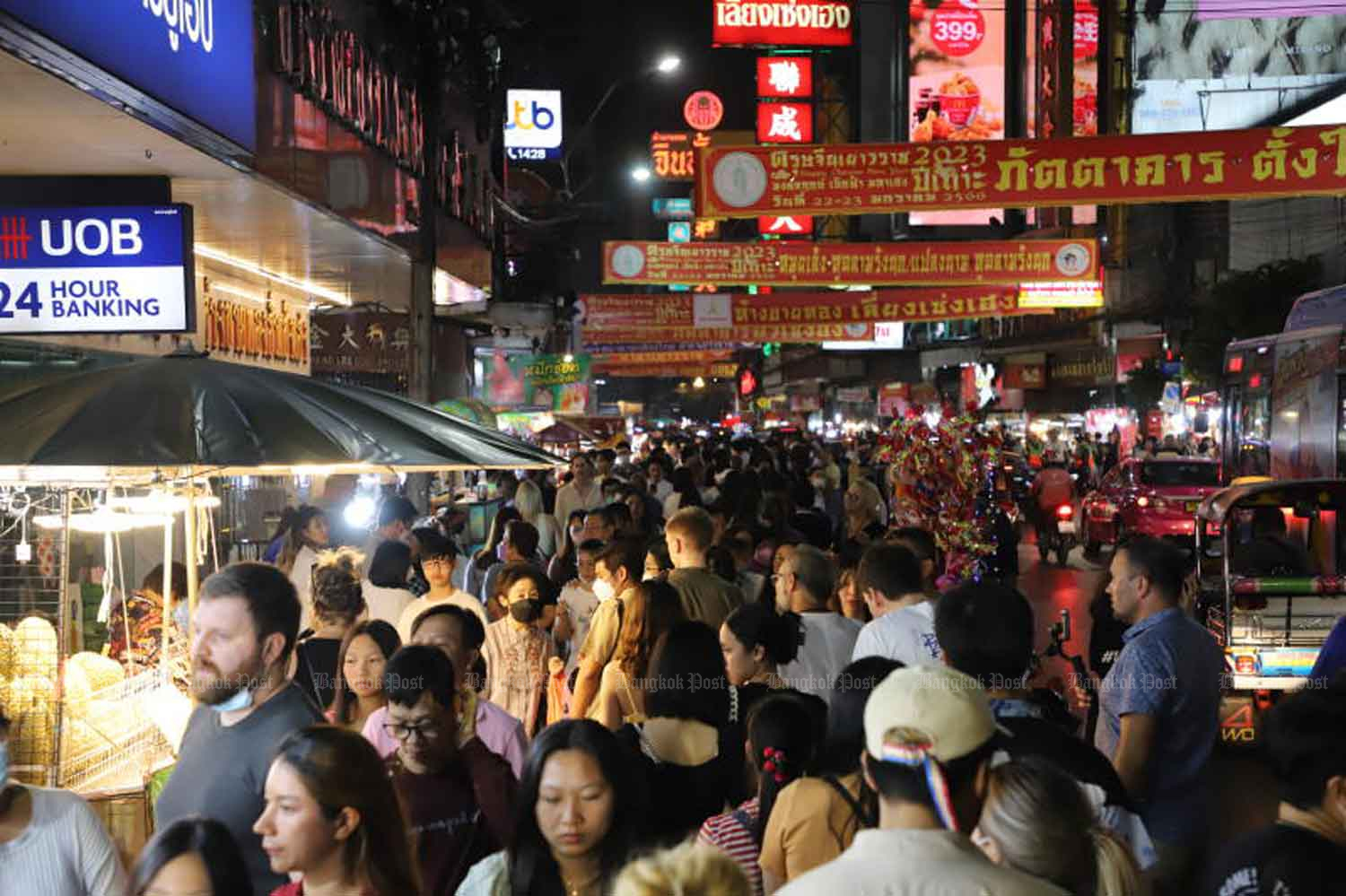
More than 9,000 workers are still in demand in the tourism industry as foreign arrivals continue to arrive in large numbers, according to the Labour Ministry.
Boonchob Sutthamanaswong, permanent secretary for the Labour Ministry, said labour offices in 60 provinces had recently surveyed labour demand among 32,359 operators in the tourism sector.
Of them, 1,817 businesses still needed 9,763 workers, he said.
The top five provinces where workers in the tourism sector are in high demand are Phuket (3,648 workers in demand), Chiang Mai (858), Chon Buri (594), Phangnga (410), and Surat Thani (349).
The types of workers sought by bosses are receptionists, porters, waiters, cleaners and housemaids, chefs, kitchen workers, cashiers, and accountants.
Mr Boonchob met the Thai Hotels Association (THA), the Tourism Council of Phuket, the Association of Thai Travel Agents (ATTA), the Thai Spa Association and operators in the tourism sector recently to find ways to address labour shortages in the sector.
THA president Marisa Sukosol Nunbhakdi said five-star hotels in Bangkok had enough workers to welcome guests during the Christmas and New Year festivals.
However, three-and-four-star hotels in some major tourism provinces such as Phuket and Pattaya still face shortages, particularly housemaids, bartenders, and food and beverage personnel, she said.
She said foreign arrivals are expected to arrive in large numbers from now on, and it is necessary to find more workers and upskill them to welcome foreign guests.
Sisdivachr Cheewarattanaporn, the ATTA's president, said there are still shortages of tour guides as foreign tourists continue to arrive.
He proposed the law be relaxed to allow foreigners to work as tour guides in the country to ease the shortages as well as promote tourism.
Krod Rojanastien, president of the Thai Spa Association, said some foreign tourists come to Thailand for Thai massage and spa services.
Due to lockdowns and health precautions imposed during the Covid-19 pandemic, more than 60% of massage and spa workers were forced to quit their jobs and return to their home provinces, Mr Krod said.
As the pandemic eases, the association has been trying to persuade them to return to their jobs as well as recruiting and training new employees, he said, adding that between 7,000-8,000 workers are still in demand in the sector.
The Department of Skill Development will launch a programme to upskill final-year undergraduates studying tourism and hospitality.
It will also coordinate with businesses in the sector to employ them upon graduation, Mr Boonchob said.







